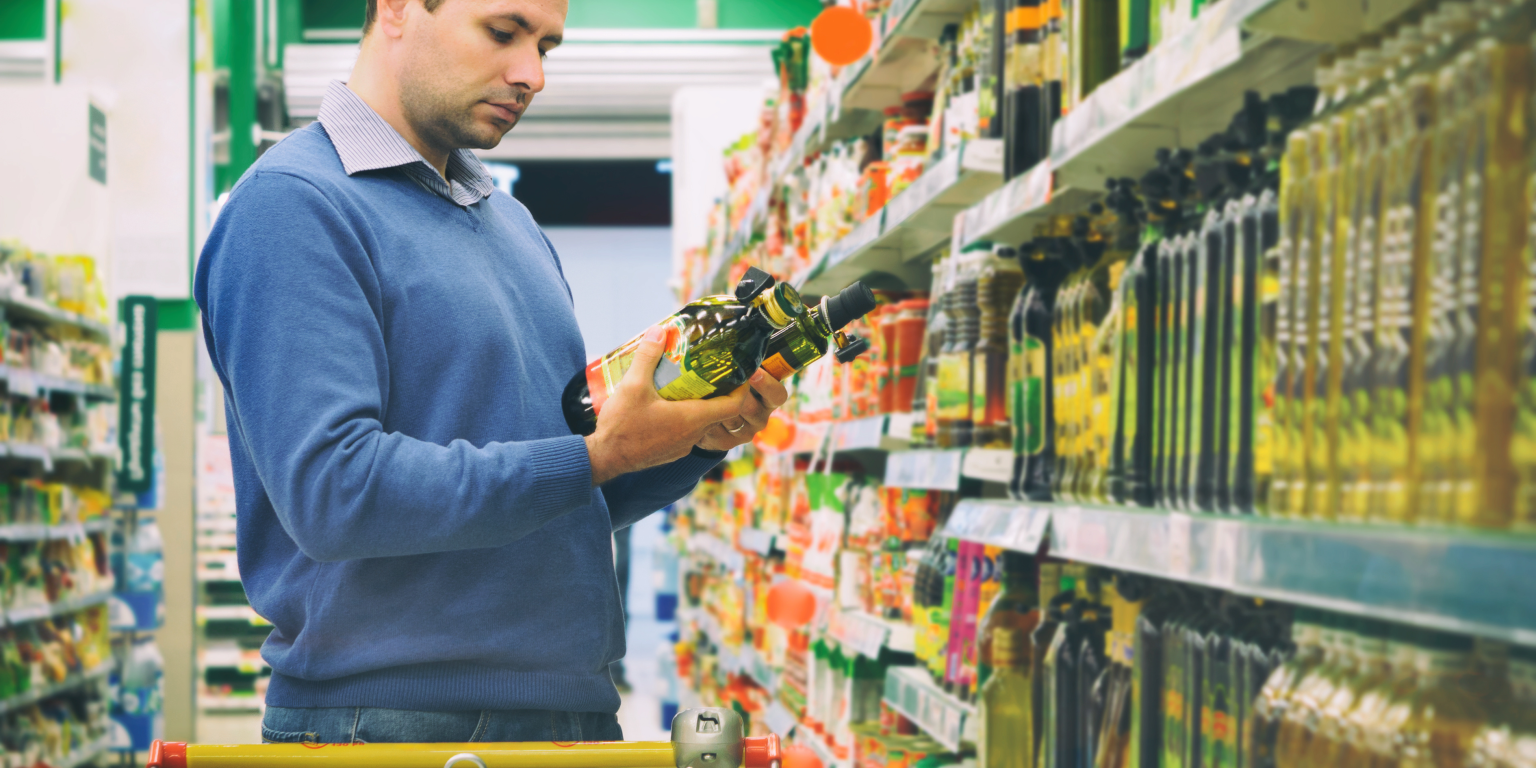Ethical Coffee and Tea Selection Guide

Why Ethical Coffee and Tea Matter
Before we delve into the practical steps, let’s understand why choosing ethical coffee and tea is so crucial. The coffee and tea industries are vast and complex, involving millions of farmers, workers, and ecosystems around the world. Your choices as a consumer can directly impact these stakeholders and the environment.
The Social Impact
The social impact of choosing ethical coffee and tea extends far beyond the surface of our daily cups. It reaches into the lives of countless individuals involved in the cultivation, harvesting, and production of these beloved beverages. Understanding the social implications of our choices is essential in building a more equitable and sustainable world.
Fair Wages and Decent Working Conditions:
One of the most fundamental aspects of ethical sourcing in the coffee and tea industry is the assurance of fair wages and decent working conditions for those at the very heart of production – the farmers and laborers. In many coffee and tea-producing regions, especially in developing countries, small-scale farmers and workers have historically faced exploitation and poverty. Ethical sourcing practices seek to rectify this by ensuring that these individuals receive fair compensation for their labor.
When you choose coffee and tea from ethical sources, you contribute to improving the livelihoods of these individuals. Fair wages mean better access to education, healthcare, and improved living conditions for farming communities. It empowers them to break the cycle of poverty and build a more stable future for themselves and their families.
Empowering Women and Marginalised Communities:
Ethical coffee and tea sourcing often goes a step further by promoting gender equality and empowering marginalised communities. Women play significant roles in coffee and tea production, yet they have historically been underrepresented and disadvantaged. Ethical practices ensure that women receive equal pay, opportunities, and recognition for their contributions.
Furthermore, ethical initiatives often invest in community development projects that benefit the broader community. These projects can include building schools, healthcare facilities, and providing clean drinking water. By choosing ethical coffee and tea, you directly support these initiatives, helping to create more resilient and thriving communities.
Preservation of Cultural Heritage:
Coffee and tea are deeply intertwined with the cultural heritage of many regions around the world. Ethical sourcing recognises the importance of preserving these traditions and respecting the cultural identities of local communities. This means engaging in partnerships that uphold the cultural values and traditions of coffee and tea-producing regions.
By embracing ethical practices, we ensure that these traditions are passed down to future generations. It honors the expertise and knowledge of farmers who have cultivated coffee and tea for centuries, enriching the global diversity of our beloved beverages.
Environmental Sustainability
Environmental sustainability is a crucial concept and practice that aims to ensure the long-term health and well-being of our planet, its ecosystems, and the living organisms that inhabit it, including humans. It involves responsible and balanced resource management to meet current needs while preserving natural resources for future generations.
At its core, environmental sustainability recognises the delicate balance between human activities and the environment. It acknowledges that our actions, such as industrialisation, agriculture, and urbanisation, have had significant impacts on the planet, including deforestation, pollution, habitat destruction, and climate change. To mitigate these adverse effects, environmental sustainability seeks to find ways to coexist with nature harmoniously.
One of the fundamental principles of environmental sustainability is the conservation of biodiversity. Biodiversity refers to the variety of life forms on Earth, including species of animals, plants, and microorganisms, as well as the genetic diversity within these species. Biodiversity is essential because it ensures the stability and resilience of ecosystems. When biodiversity is threatened, ecosystems become more vulnerable to disruptions and less capable of adapting to changing conditions.
Another critical aspect of environmental sustainability is the responsible use of natural resources. This includes the sustainable management of forests, fisheries, water, and minerals. For instance, sustainable forestry practices ensure that trees are harvested at a rate that allows for natural regeneration, reducing deforestation and habitat loss.
Water conservation is also a vital component of environmental sustainability. With the growing global demand for freshwater resources, it is essential to use water efficiently and reduce pollution to protect aquatic ecosystems and ensure access to clean water for all.
The concept of the “circular economy” is gaining momentum in environmental sustainability efforts. It emphasises reducing waste, reusing materials, and recycling to minimise the environmental impact of production and consumption. By adopting circular economy principles, we can reduce the extraction of finite resources and decrease the amount of waste sent to landfills.
One of the most pressing challenges related to environmental sustainability is climate change. The burning of fossil fuels, deforestation, and industrial processes have increased the concentration of greenhouse gases in the atmosphere, leading to global warming and climate-related disruptions. Addressing climate change requires transitioning to renewable energy sources, reducing carbon emissions, and implementing climate-resilient infrastructure and practices.
Environmental sustainability is not just an individual or local effort; it requires global cooperation and policy changes. International agreements like the Paris Agreement aim to unite nations in the fight against climate change. Additionally, businesses and industries play a crucial role by adopting sustainable practices, reducing emissions, and innovating to create eco-friendly products and services.
Ethical Sourcing and Certifications
To choose ethical coffee and tea, start by looking for certifications that indicate responsible sourcing. Here are some key certifications to watch for:
Fair Trade:
Fair Trade certification ensures that producers receive fair prices for their products, along with social and environmental standards. This certification empowers farmers and promotes ethical labor practices.
Organic:
Organic certification guarantees that coffee and tea are grown without synthetic pesticides, herbicides, or genetically modified organisms (GMOs). Organic farming practices prioritise soil health and biodiversity.
B Corporation (B Corp):
B Corp certification signifies a company’s commitment to meeting high social and environmental standards. It assesses a business’s impact on workers, customers, community, and the environment.
Rainforest Alliance:
The Rainforest Alliance focuses on promoting sustainable agriculture and forest management. Their certification helps protect ecosystems and improve livelihoods for farmers and workers.

Sourcing Ethical Coffee
Now that we understand the importance of ethical sourcing let’s explore how to find ethical coffee for your home brewing.
Specialty Coffee Roasters:
Specialty coffee roasters often prioritise quality and ethical sourcing. Look for roasters that highlight Fair Trade, organic, or direct trade practices.
Direct Trade:
Direct trade coffee involves a direct relationship between the coffee roaster and the coffee farmer. This transparent approach ensures fair prices and improved working conditions for farmers.
Micro-lot Coffee:
Micro-lot coffee represents small-batch, high-quality beans often sourced directly from specific farms. These unique coffees are likely to have ethical and sustainable production.
Online Retailers:
Many online retailers specialise in ethically sourced coffee. Explore their websites and reviews to find the right beans for your taste and values.
Sourcing Ethical Tea
Tea enthusiasts also have several options for ethically sourced tea. Here’s how to find them:
Loose Leaf Tea:
Opt for loose-leaf tea instead of tea bags. Loose-leaf tea tends to have fewer processing steps and may be sourced more sustainably.
Artisanal Tea Brands:
Artisanal tea brands often focus on sourcing tea from sustainable and ethical suppliers. Look for brands that transparently share their sourcing practices.
Fair Trade Tea:
Similar to coffee, you can find Fair Trade-certified tea that supports fair wages and ethical labor practices.
Herbal and Organic Teas:
Consider exploring herbal and organic teas that prioritise natural and sustainable farming methods.

Brewing Ethically at Home
Now that you’ve sourced ethical coffee and tea, let’s discuss how to brew them ethically at home.
Mindful Brewing:
Practice mindful consumption by only brewing what you’ll drink to reduce waste. Avoid disposable single-serve coffee pods and tea bags.
Sustainable Equipment:
Invest in sustainable brewing equipment like reusable coffee filters, stainless steel tea infusers, and energy-efficient appliances.
Water Conservation:
Use filtered water when brewing to avoid the environmental impact of bottled water. Be conscious of water usage and avoid overfilling kettles or coffee makers.
Composting:
Dispose of coffee grounds and tea leaves by composting them. They make excellent additions to your compost pile or bin.
Enjoying Ethical Coffee and Tea
By choosing ethical coffee and tea, you’re not only savoring the flavors of these beverages but also contributing to positive social and environmental change. Your conscious choices as a consumer can inspire others and help transform the coffee and tea industries for the better.
In summary, ethical coffee and tea selection involve understanding the impact of your choices, looking for certifications, supporting responsible sourcing, and brewing mindfully at home. By following these principles, you can enjoy your favorite beverages with the satisfaction of knowing you’re making a difference.
So, brew that cup of ethically sourced coffee or tea, savor the flavors, and savor the knowledge that you’re a part of a global movement towards a more ethical and sustainable future.
Remember, your choices matter, and together, we can create a world where ethical consumption is the norm.
Happy brewing!



